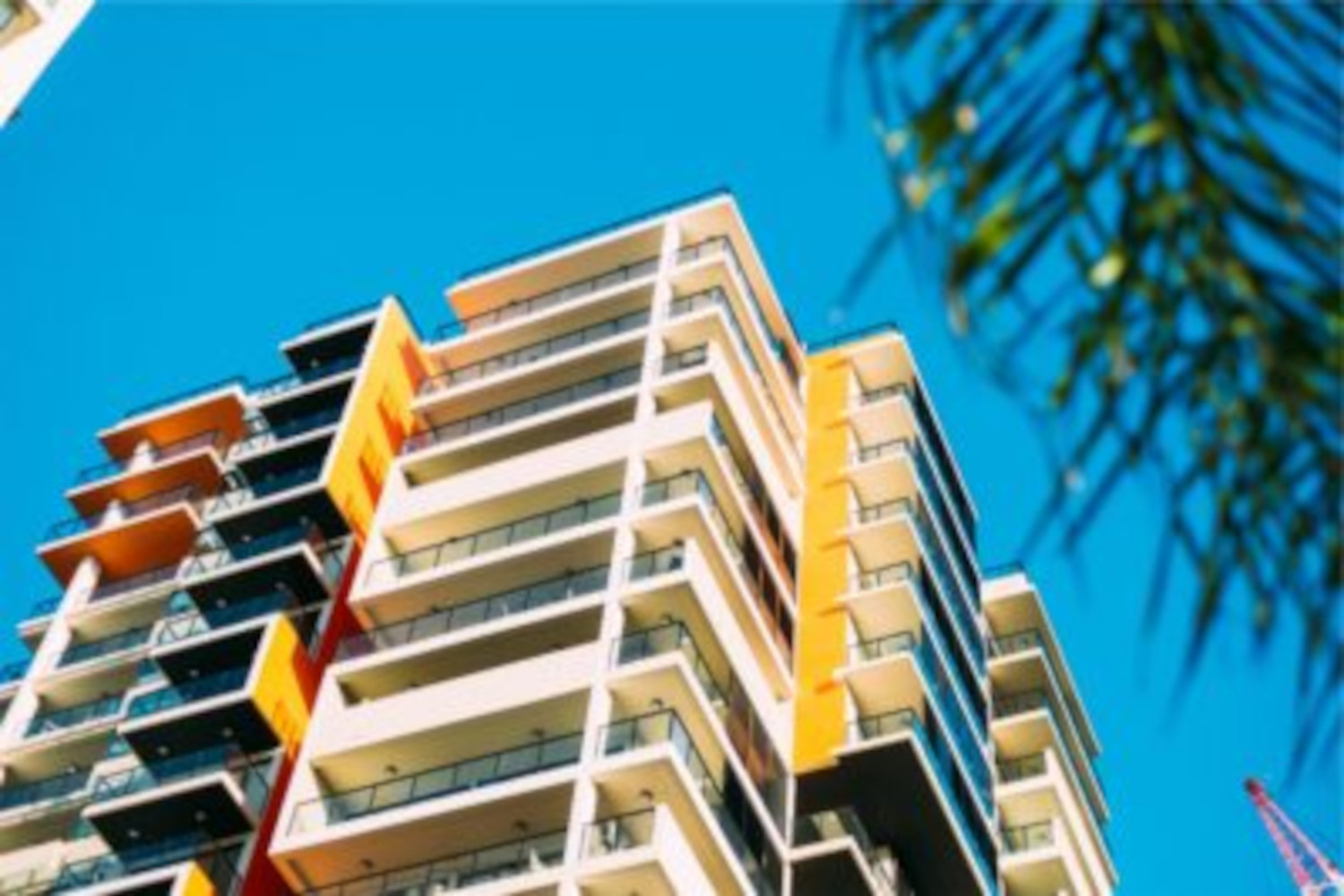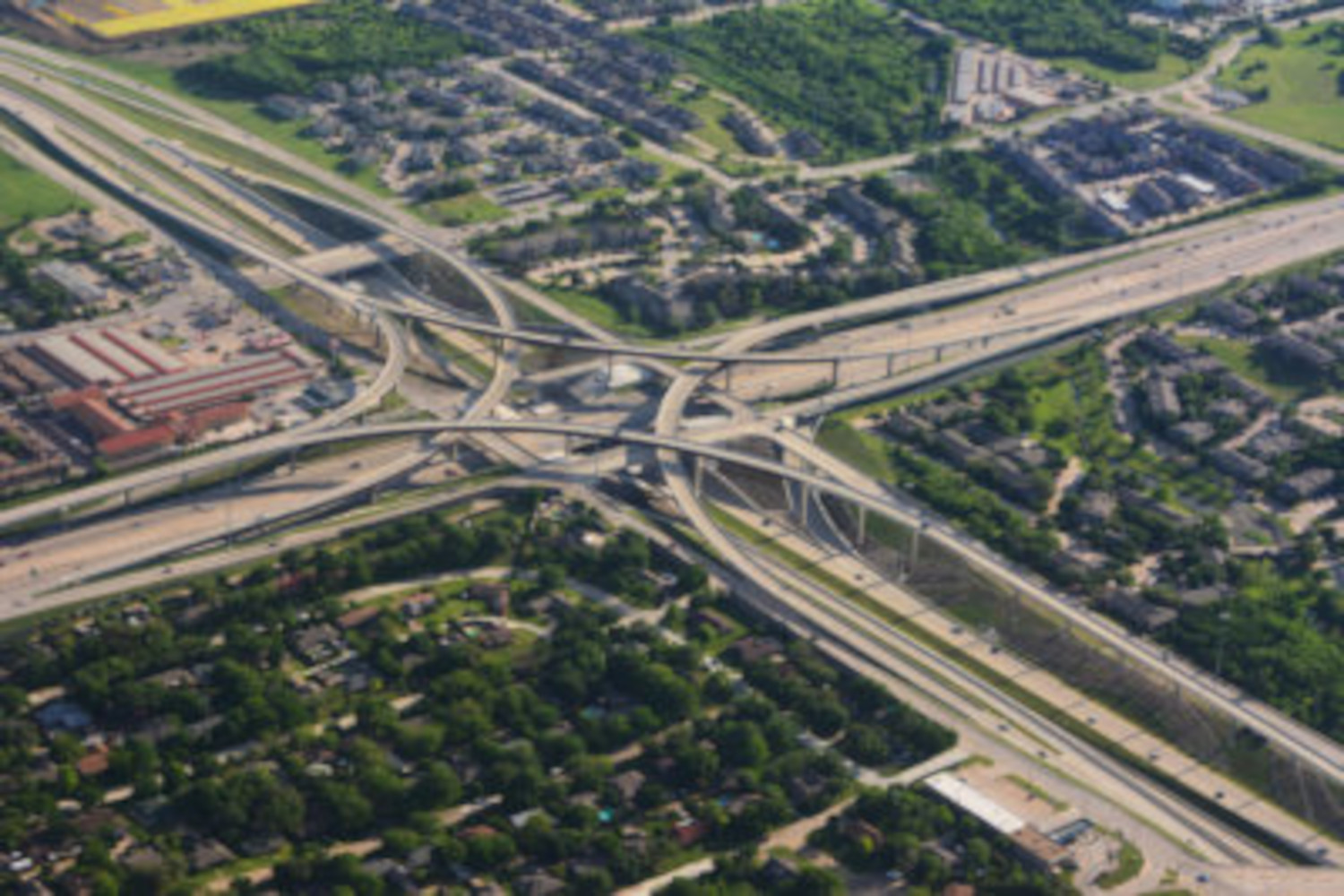

Condominium owners’ associations are unique under Florida law—particularly when it comes to the collection of delinquent assessments and liability. The already complicated bankruptcy process thus becomes even more complex when a condominium owner with unpaid assessments is involved. Assessments that arose prior to the filing of the bankruptcy petition are subject to discharge in the bankruptcy. But, the question then arises as to whether or not the unit owner is liable for post-petition assessments. While an owner/debtor who files for Chapter 7 is personally liable for assessments arising post-petition, there is a split in authority among Florida’s bankruptcy courts as to whether a unit owner remains personally liable for assessments when he or she files Chapter 13.






